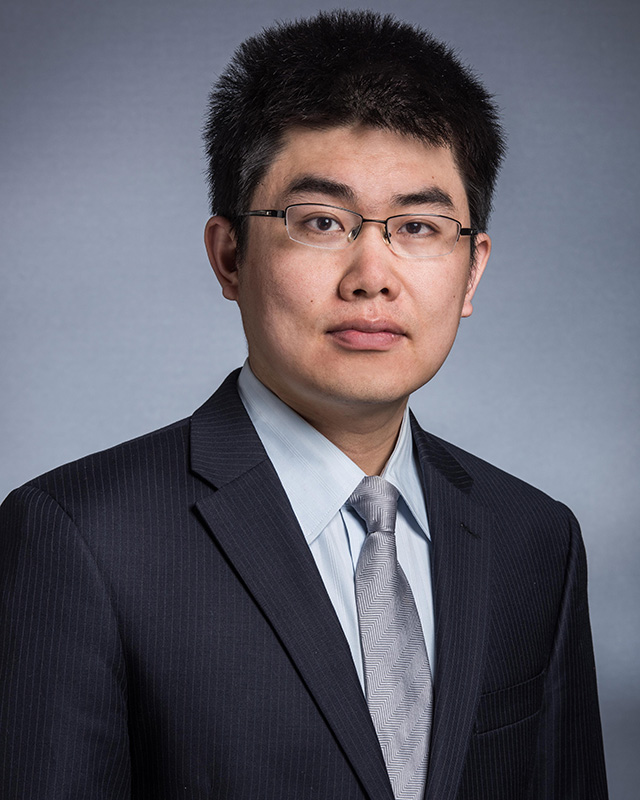
The National Science Foundation has selected Tiezheng Tong for a CAREER award. Tong, a water purification expert and assistant professor in the Department of Civil and Environmental Engineering, will use the $519,000 early-career faculty honor to improve membrane desalination, so it can be more effective in providing fresh water.
As climate change intensifies water scarcity, unconventional sources, including seawater, inland brackish water and wastewater, will be increasingly important. Membrane desalination, which removes salt and pollutants by pushing contaminated water through a membrane under high pressure, is one promising solution.
“We need alternative ways to generate fresh water,” Tong said. “Membrane desalination is a very important strategy that can produce fresh water beyond the hydrological cycle, so we don’t need to rely on surface water.”
This process, called reverse osmosis, has a major setback: mineral scaling. Mineral scales form on the membrane, blocking it and preventing this technology from being more efficient and cost effective.
With his NSF grant, Tong aims to advance fundamental understanding of the mechanisms and mitigation strategies associated with mineral scaling to push the boundary of the science.
“We will tackle this problem from a fundamental angle and try to improve the science, and then use the science to guide the innovation of technologies,” Tong said.
Tong will utilize knowledge from the fields of mineralogy and polymer science to approach the problem, a new strategy he has not explored in his previous research.
“If we want to develop a better membrane – a membrane resistant to mineral scaling – we need to modify the surface of the membrane using polymers,” Tong said.
Tong hopes this research also will lead to novel anti-scalant polymers that can be applied to reverse osmosis to prevent mineral scaling.
Emphasis on education
CAREER awards encourage junior faculty to develop both as researchers and educators. During the five-year project, Tong will work to attract and educate next-generation environmental engineers. He hopes to motivate more students, especially those from underrepresented backgrounds, to pursue the field by teaching them about the importance of water sustainability.
Tong will mentor undergraduates through two Walter Scott, Jr. College of Engineering programs: the Scott Undergraduate Research Experience, or SURE, and the ENpower Bridge program. SURE gives first-generation students an opportunity to participate in research, and the ENpower program introduces incoming first-year students from underrepresented groups to campus life prior to starting their first semester.
Tong also will host workshops through CSU’s Native American Cultural Center to teach Native American high school students about water scarcity challenges and solutions. He plans to demonstrate wastewater treatment and reuse technologies through hands-on experiments.